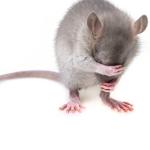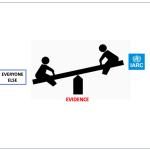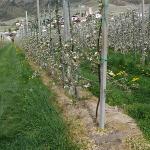The following is the essence of the controversy:
IARC
New York City Council Member Ben Kallos sure knows how to play the game. In his quest to get glyphosate (Roundup) banned from parks and other public spaces, he uses a tried and true method.
You might as well get pissed off in advance because if you don't much care for scientific evidence you're not going to enjoy this a whole lot.
This is a really great day for evidence-based policy, which means it's a really bad day for environmental and anti-GMO activists.
In June 2016, the International Agency for Research on Cancer (IARC) published their findings on coffee, mate and hot beverages and their role in carcinogenesis.
The first director of IARC (the International Agency for Research on Cancer), Dr.
In Part One, we examined the findings of the 2015 meeting of the International Agency for Research on Cancer (IARC), during which a panel of
When did school lunches become so contentious that law suits are filed over the processes used in their ingredients?
Sometimes, things just don't make sense. Recommendations on what causes cancer should not be one of them.












